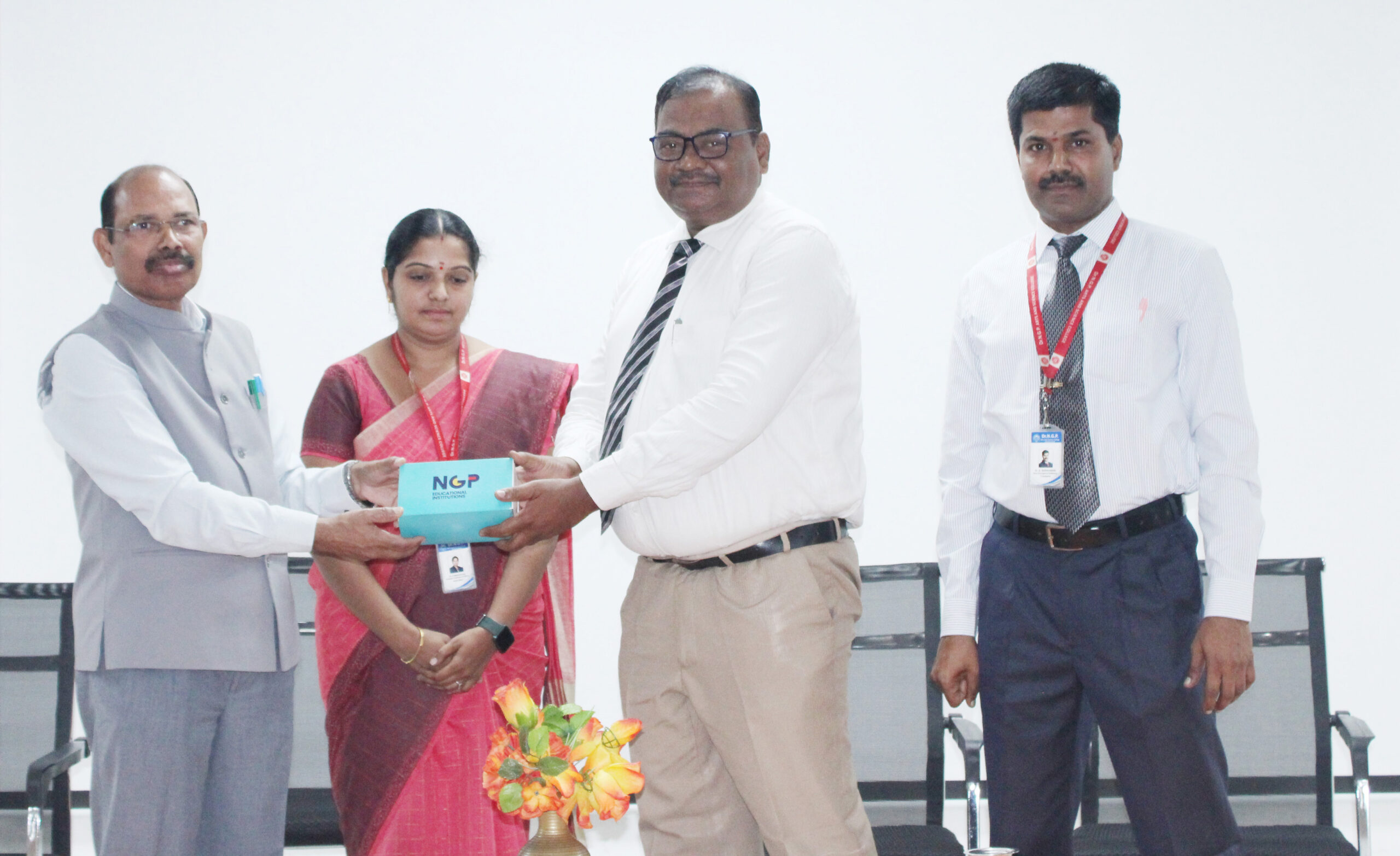Trending Now
- IPL 2024 begins with a bang. First contest between CSK and RCB.
- Election commission allots mike symbol to Naam Thamizhar Katchi
- AIADMK promises to urge for AIIMS in Coimbatore, in its election manifesto.
- Ponmudi becomes higher education minister.
Coimbatore
“We don’t make enough noise for the old vegetable seeds that are becoming extinct”
![]() May 19, 2017
May 19, 2017
We have collected memorabilia from almost all countries that we have visited but that’s not unique, because almost everyone does. But have you heard of someone collecting indigenous seeds from different countries? Agricultural Scientist Dr Prabhakar Rao has a passion for collecting exotic desi seeds of vegetables from across the globe.
He collected nearly 560 varieties of seeds from across the world, of which he has preserved over 142 from more than 25 countries. ” My interest in endangered species started when I was doing my Phd. Later,my work started taking me to different places, where I would go and meet old farmers doing small level cultivation. And some of these farmers would share these seeds with me–what is now my collection,”he says.
“These exotic species are not new. They are old varieties, which are native to India. For example, I got the seeds of lemon-flavoured cucumber and cinnamon basil from east European countries like Bulgaria. A rare variety of tomatoes, which are big in size, is from Romania,” he adds.
Some of these exotic vegetables that we yearn to have, were available a few years back “Old variety of seeds throughout the world is getting extinct. When a bird or a an animal is getting extinct, newspapers , television will make appropriate noise. But in this case, every year, native , indigenous vegetable seeds are getting extinct, and no one knows about it,” He surely is doing his bit to keep them alive in some part of the world, and making the right noises, needed to preserve them. “I had collected around 560 variety of seeds from across the world. And because of my background in genetics and plant reading, I knew how to test these seeds for adaptability in local conditions. From 560, I found 140 that could be grown in India. I have been able to multiply those seeds. The idea is to keep these varieties growing somewhere in the world so that they are not lost,” he confirms.
A natural farmer, he stresses on the difference between natural farming and organic farming,and why it is much more suitable for farmers in India. “ In organic farming, cow dung from 20 cows is used annually for one acre of land. But in natural farming, the same amount is enough for 20 acres of land. In organic farming, farm yard manure is not very helpful for plants. But in natural farming, the Jeevamrutha mixture consisting of fresh cow urine, cow dung, jaggery and gram flour is more effective as the living microorganisms help improve soil quality,” he explains.
Adding, “Nowadays farmers are buying their seeds from the market, and the seeds that they get are the seeds that the companies would like to produce for profit. In the earlier days, the farmers would use indigenous seeds, and in the end of the season, they would make their own seed for the next season. When the seed industry came into being, they broke this tradition of preserving seeds, and introduced farmers to the market. We should go back to the earlier practice of preserving seeds. A farmer shouldn’t go to the market to buy seeds. We should practice vedic farming, it will be beneficial for us in every aspect,” he concludes.























